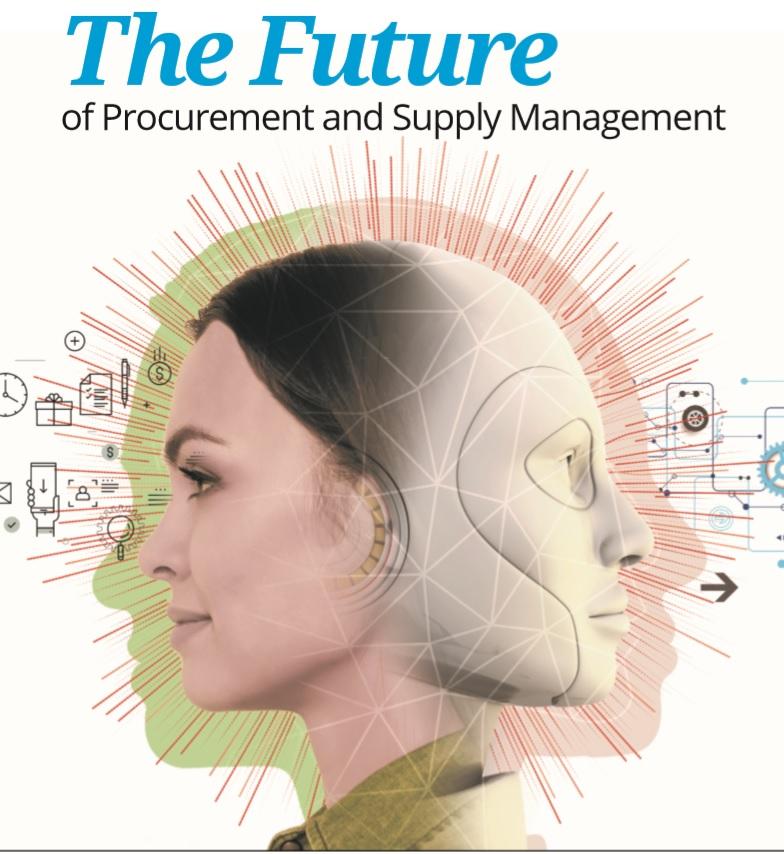
In a new study the Chartered Institute of Procurement & Supply (CIPS) looks at two models for the future of procurement and asks which will prevail.
The CIPS partnered with Aston University and the University of Liverpool to look at the future business landscape and procurement and supply management’s prospects in the decades to come.
The thought leadership paper has been developed with academics, CIPS members and the wider procurement community to look at the challenges the profession will face and the shifting influences on procurement decisions by global businesses, and organisations large and small.
Detailing the forces driving disruption and innovation and testing long-standing assumptions, the paper explores two scenarios – Titans and Networked – and their implications for the future of procurement and supply management (PSM) in fifteen years and beyond.
In Titans, market power and innovation will be increasingly concentrated in a few dominant firms in each sector. New PSM systems and data will drive down transaction costs and make supply markets much more dynamic and unstable. In Networked, new systems and data will increase transparency and the influence of external stakeholders and facilitate new business models, but also slow decision-making and innovation.
The paper has been developed through face to face interviews, focus groups and workshops with all levels of procurement and supply management professionals and with C-suite executives outside procurement, along with consultancies, professional bodies and futurologists.
Helen Alder (FCIPS), Group Head of Knowledge and Product Development at CIPS said, “This insight has been generated following extensive consultation with the biggest range of experts we could find both inside the profession, and out, so is an incredibly valuable piece of work.
“These potential scenarios can be just a few short years away, so it’s important for everyone involved in sourcing decisions to look at our Titans and Networked scenarios and see how they resonate with the aims of your organisation and how you can move into this future with ease and taking advantage of the opportunities they bring.”
Dr Louise Knight (FCIPS) from Aston University said, “How might the supply landscape change in the coming years? These are questions that all leaders in our field should be actively considering. It is difficult to find the space and resource to consider these given the everyday pressures we face and when we do get the chance to contemplate the future, we find ourselves struggling with the volume of material on future trends.
“This report contributes to addressing this big gap in our collective knowledge.”
Dr Joanne Meehan from the University of Liverpool said, “It has been a privilege for us to lead this study. We are very grateful to all the contributors. CIPS has not just sponsored this project, but worked closely with a wide range of business leaders to consider the implications of these findings. These point to many opportunities but also to risks and responsibilities which it seems are not yet being widely and actively addressed with the supply management community.”
Today’s sourcing decisions shape tomorrow’s markets so this paper is important for all types of organisations and businesses to support future planning not only of their businesses but to understand how these trends will shape societies, socio-political changes and global sourcing decisions.